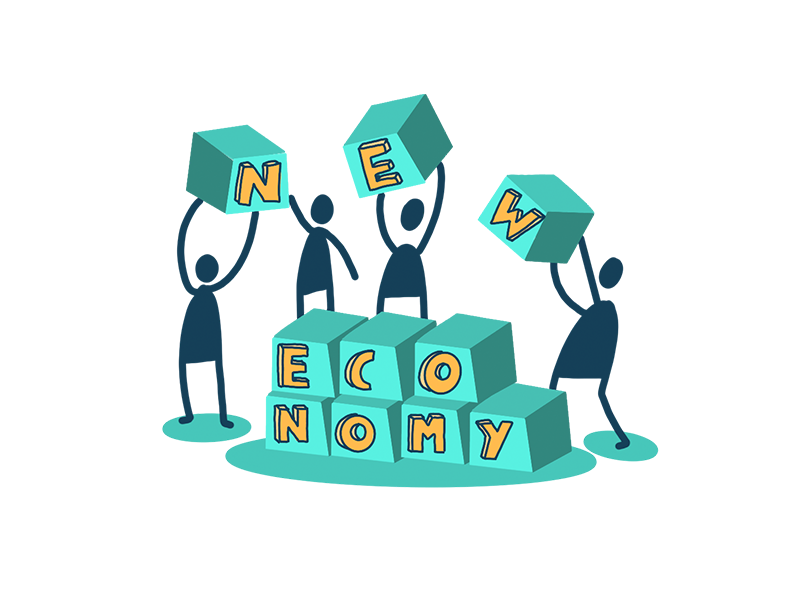
The Future of Charleston’s Economy: 3 Predictions That Could Change Everything
Charleston Market Report – Charleston is no longer just a charming coastal city with historic streets and ocean views it’s rapidly transforming into a powerful economic engine in the Southeast. As we enter the second half of 2025, the charleston’s economy is experiencing major shifts that could redefine investment strategies, business development, and real estate priorities across the region. Whether you’re a local entrepreneur, an out-of-state investor, or simply keeping an eye on regional trends, understanding where Charleston is headed next could be the smartest financial move you make this year.
Below, we explore three bold predictions for the future of Charleston’s economy and why each one could significantly change the game for investors, residents, and business leaders alike.
Charleston’s location and port access have always been strengths. But now, the city is rising as a major logistics and distribution hub. It may even rival Savannah in the near future.
Recent investments in the Port of Charleston are the driving force. Upgrades to the Leatherman Terminal are boosting capacity and allowing larger vessels. These expansions could increase cargo handling by up to 30% in 2026.
North Charleston and Summerville are also seeing rapid development. New warehouses and distribution centers are appearing across the region. E-commerce companies and freight carriers are leading the charge.
Why it matters:
More jobs, stronger commercial real estate markets, and better economic momentum. That’s what’s at stake. Logistics is becoming Charleston’s golden ticket.
Read More: How Deepfakes Are Changing Journalism Forever
For years, Charleston’s real estate spotlight has centered on historic downtown properties and high-end coastal developments. But as home prices climb and urban sprawl stretches deeper inland, a new trend is emerging: affordable density in suburban growth corridors.
Areas like Goose Creek, Ladson, and parts of West Ashley are already seeing a wave of multi-family housing projects, townhomes, and mixed-use developments aimed at younger professionals, remote workers, and retirees who want the Charleston lifestyle without the downtown price tag.
This evolution aligns with national housing trends but it’s being fast-tracked locally by the increasing demand for more walkable, amenity-rich communities outside the city core.
Why it matters:
Investors who focus solely on luxury or downtown real estate may miss out on long-term growth. Smart capital is beginning to chase suburban projects offering livability, scale, and future rental demand and Charleston is leading the way.
Charleston has quietly built a strong foundation for tech innovation. Known as “Silicon Harbor,” the city is now home to hundreds of startups and mid-sized tech firms, with specialties ranging from cybersecurity to marine engineering.
What’s coming next could be a full-scale tech renaissance. A mix of increased venture capital interest, major university partnerships (especially from the College of Charleston and Clemson), and a growing tech-talent pipeline is fueling a digital acceleration wave. Add to that several recently announced state-level tax incentives and funding grants for emerging industries and you have a recipe for explosive sectoral growth.
We predict that by the end of 2026, Charleston will double its tech sector output, and at least three to five mid-cap tech firms will relocate or open regional headquarters in the area.
Why it matters:
This isn’t just good news for coders. A thriving tech ecosystem boosts commercial leasing, drives up salaries, increases demand for flexible housing, and builds long-term economic resilience.
Charleston is changing. Ports are expanding. Suburbs are growing. Tech is rising. These aren’t minor trends they’re signs of a much larger transformation.
If you’re thinking about where to invest or build, this is your moment. The best opportunities won’t stay hidden for long. Those who act early will be in the strongest position to benefit.
Charleston’s future isn’t coming. It’s already here.
This website uses cookies.